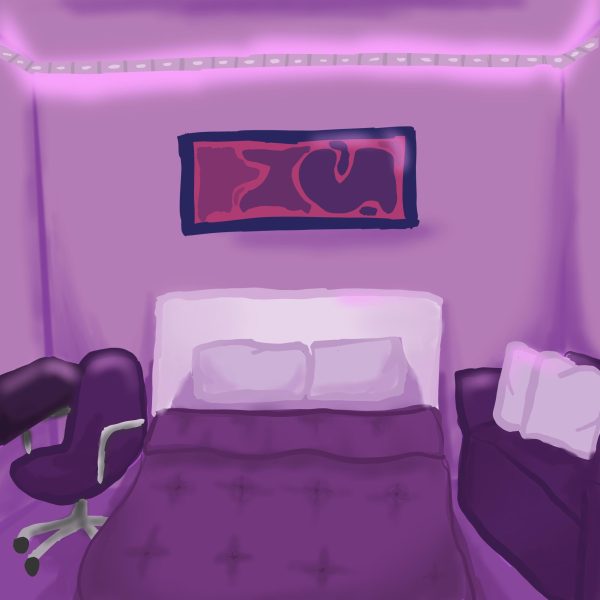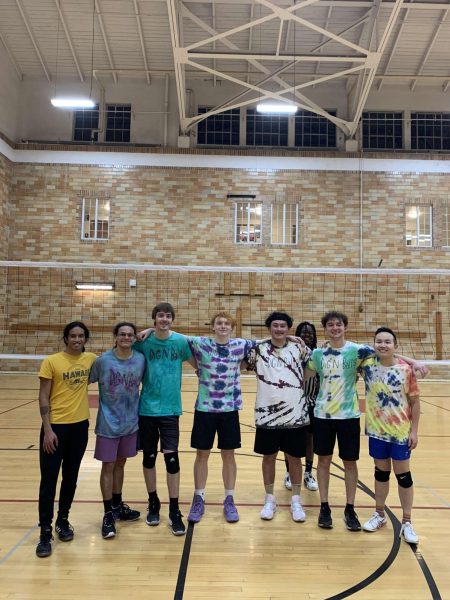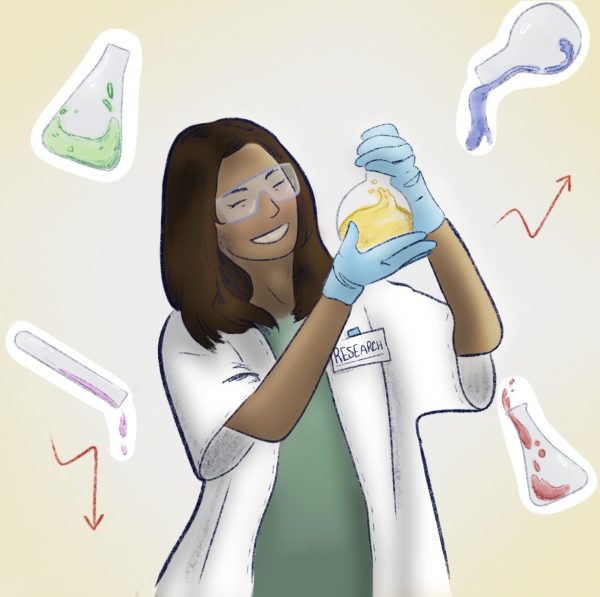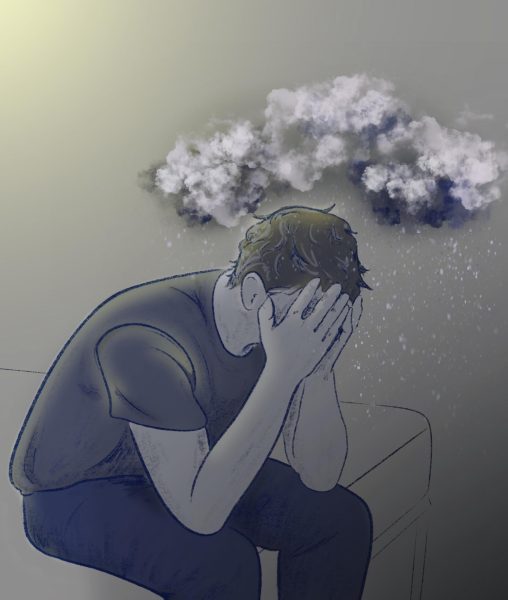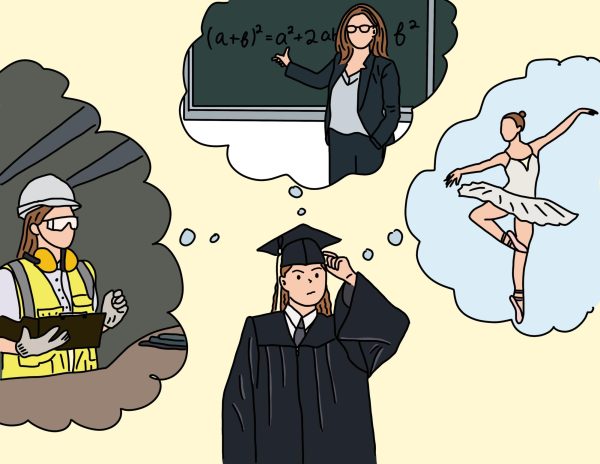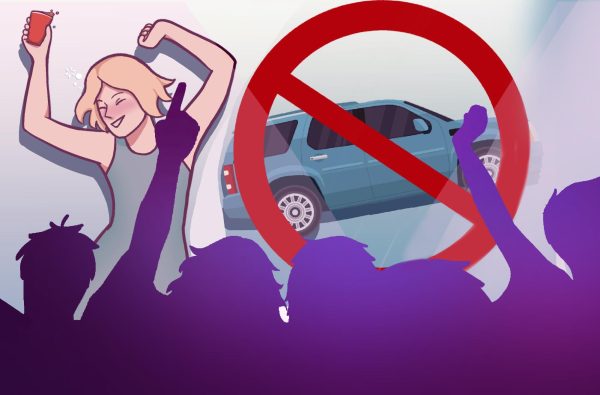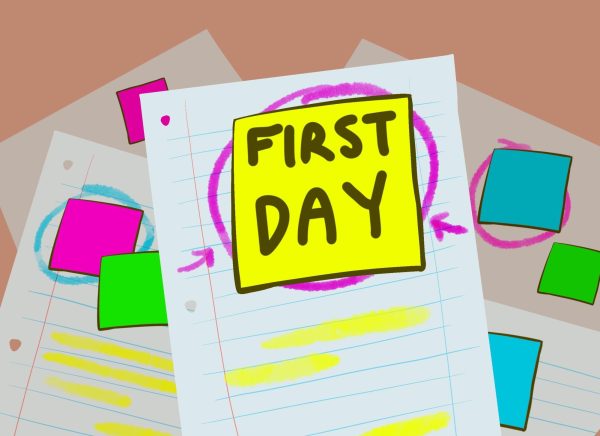16 years since last album, emo band has aged well
July 9, 2014
Sixteen years is a long time for a band to go without releasing an album. Braid’s “No Coast” is its first full-length since 1998, and with time the band has changed drastically.
Braid is considered an influential emo band, originally formed in 1993 by a group of college kids in Illinois. Twenty-one years later, those kids have adopted a far more mature sound. While their last album “Frame & Canvas” was distinctively emo, their most recent effort veers into the realm of ’90s indie rock bands like Guided By Voices and Built To Spill – with a touch of Minus The Bear, for good measure.
Songs like “Lux” demonstrate this maturation well. In contrast to bands like The Hold Steady – which has not changed lyrically despite now coming from the perspective of a 40-year-old – Braid’s sound has aged well. Rich bass balances shrieking guitars, and occasionally each member lands on the same page percussively, creating moments of wonderful synchronicity.
The older Braid is more honest, too, and this shows through songs like “Doing Yourself In.” If a younger group of musicians were to talk about a 23-year-old girl being “too young to know the difference,” it would seem forced and insincere. But Braid isn’t coughing up some dribble they read in a book or saw in a movie. The lyrics come off as an honest reflection of a well-walked life.
The song arrangement on the new album is sparse and never breaches the edge of clutter. The held-back instrumentation isn’t out of caution, but this is because the band knows its boundaries.
It’s really not hard to draw comparisons with earlier Minus the Bear, even as Braid’s guitars squeal a bit more and seem to fall in and out of that style. Change is great, but the band’s indie-rock tendencies are thinly veiled by the specter of an emo past. It’s a good listen, but it feels meticulously thought-out.
In “This Is Not a Revolution” singer Bob Nanna sings in the hook, “We can double-cross two-timing daughters and sons / We want to get over it all.” It’s less of a threat and more of a way to say that moving on is necessary.
At one point in the song, the often-unexpected drums break a familiar pattern only for a rough yet triumphant guitar to lead the way back in.
Sixteen years is a long time, and with time comes everyone’s share of bumps and bruises. And with this album, Braid wears its scars like medals.










